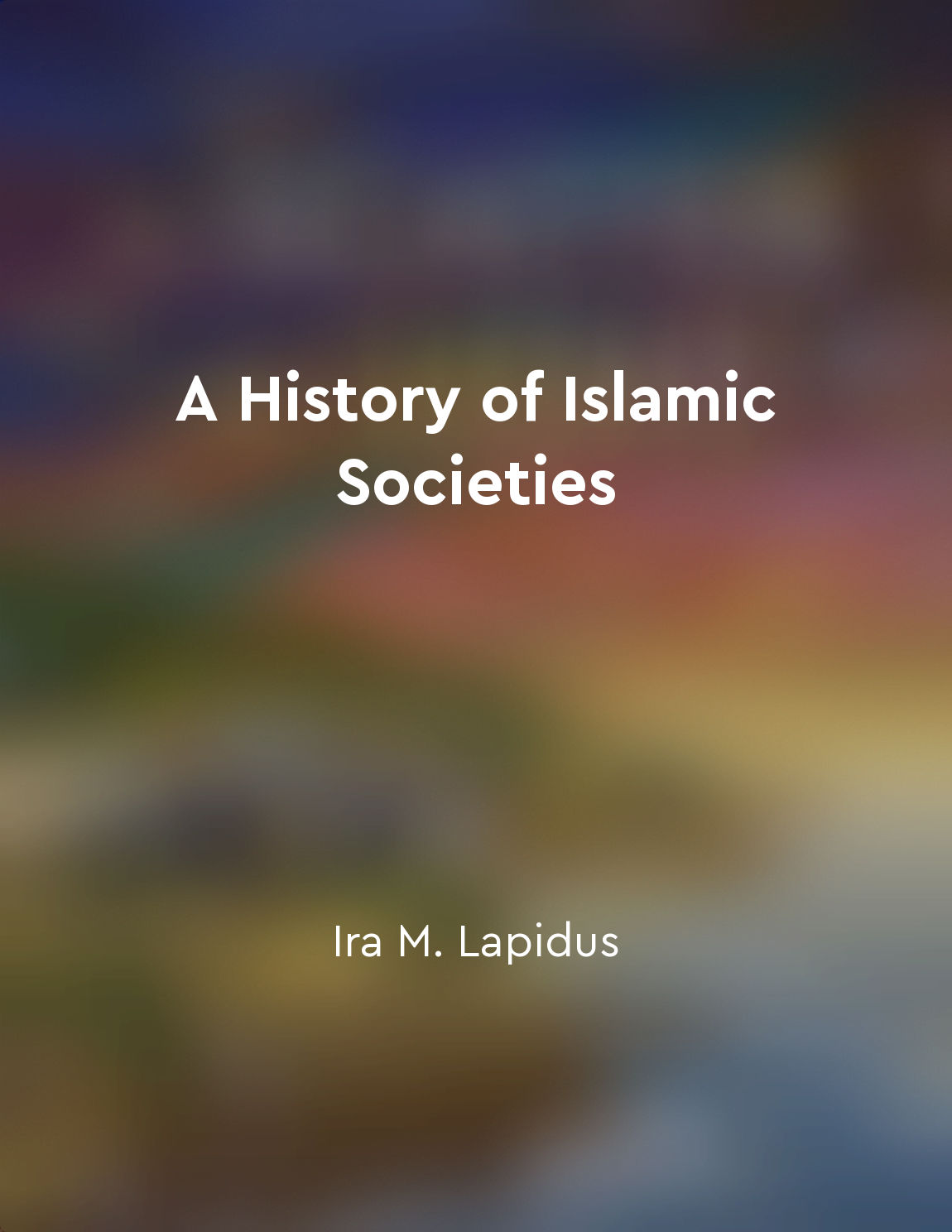Oil wealth transformed the economic landscape of Islamic societies from "summary" of A History of Islamic Societies by Ira M. Lapidus
The discovery of oil in the Middle East in the early 20th century marked a significant turning point in the economic landscape of Islamic societies. This newfound source of wealth brought about unprecedented changes, transforming the region into a major player in the global economy. The oil boom catapulted countries like Saudi Arabia, Kuwait, and the United Arab Emirates into positions of economic power and influence. Oil wealth enabled these countries to invest heavily in infrastructure development, education, and healthcare, leading to rapid modernization and urbanization. Skyscrapers, highways, and state-of-the-art hospitals became common sights in cities that were once small desert communities. The influx of foreign workers and investment further fueled economic growth and development in these oil-rich nations. The oil boom also had profound social implications, as traditional ways of life gave way to modernization and globalization. As urban centers expanded and populations grew, traditional social structures and norms were challenged, leading to shifts in cultural practices and values. The newfound wealth created a new class of wealthy elites, while also exacerbating income inequality and social disparities. Moreover, the reliance on oil revenues as the main source of income posed challenges for these societies, as it made them vulnerable to fluctuations in global oil prices. The boom-and-bust cycles of the oil market often led to economic instability and uncertainty, prompting governments to diversify their economies and invest in other industries.- The discovery of oil wealth transformed the economic landscape of Islamic societies in profound ways, ushering in an era of rapid development and modernization. While the oil boom brought about unprecedented prosperity and opportunities, it also posed challenges and complexities that continue to shape the region's socio-economic dynamics.
Similar Posts

Islamic societies were influenced by interactions with other cultures
Islamic societies have not existed in isolation from the rest of the world; rather, they have been shaped by interactions with ...
King David established Jerusalem as the capital of Israel
According to Michael Avi-Yonah in 'A History of Israel and the Holy Land', the establishment of Jerusalem as the capital of Isr...

